Are you finding it hard to sleep? Do you suffer from headaches, stomach pains, anxiety or lack of energy? Then you could be suffering from stress.
April is Stress Awareness Month, a series of events across the country to inform people about the dangers of stress, and we physiotherapists are playing our part to help relieve the problem.
Health care professionals across the board are joining forces to increase public awareness about the causes of this modern epidemic and how to deal with them.
Stress is a growing problem
I’m based in the south of England, in leafy Hampshire, but we’re just an hour from London and life can be fast and stressful here too and stress is a growing issue for all health practitioners.
When people see the name of my business, Petersfield Physiotherapy and Sports Injury Clinic, they assume I only deal with joint injuries. But I’m seeing an increasing number of patients who come to me with stress-related problems, particularly:
- Headaches
- Neck and shoulder pain
- Poor posture
- Poor sleep patterns
- Irritability
- Digestive problems.
Some benefits of physiotherapy
Research shows a positive link between your ability to cope with stress-causing factors and the likelihood of disease during their lifetime. Physiotherapy has been shown to have the following effects that combat stress symptoms:
- Reducing muscle tension
- Decreasing blood pressure
- Reducing headaches and chronic pains
- Improving concentration
- Increasing energy levels and reducing tiredness to boost general well-being.
Physio treatments to help reduce stress-related problems
I use a variety of good techniques on patients, with great success:
- Manual traction
- Mobilisations
- Acupuncture
- Soft tissue release
- Postural exercises
- Simple breathing exercises.
I can also offer lifestyle advice such as increasing exercise, especially in fresh air. Sport and exercise releases endorphins which help combat stress hormones.
Good nutrition, although not strictly a physiotherapy technique, is also vital; I'm not a nutritional therapist, I follow a healthy eating regime and can advise on foods to avoid during stressful situations.
Stressful foods to avoid
- Refined sugar snacks
- Processed foods containing preservatives
- Caffeine
- High cholesterol content food.
Basically, all your typical "grab and eat" foods that busy people often turn to when they are stressed will make their condition worse.
Stress: A City-worker’s case study
A patient came to me recently with severe headaches. An eye test, MRI scan and X-rays were all normal but she worked long hours in London and would frequently work with a laptop or iPad on her lap in the evenings. She was also going through a marriage break-up, so stress-levels were very high.
I treated her with acupuncture, manual traction and soft-tissue release and I showed her some good postural exercises. I advised her to walk to the office rather than taking the tube and to do some deep breathing exercises with the postural correction.
After three treatments her headaches had vanished, she was sleeping much better and feeling much more positive. Her friends and work colleagues also commented on how much better she looked!
I find that once people take positive steps for themselves to improve their lifestyle and their general health, rather than popping pills or ignoring the problem, their stress levels often reduce. If you think you’re suffering from stress, contact your local physio; they may be able to help.

Recent Comments